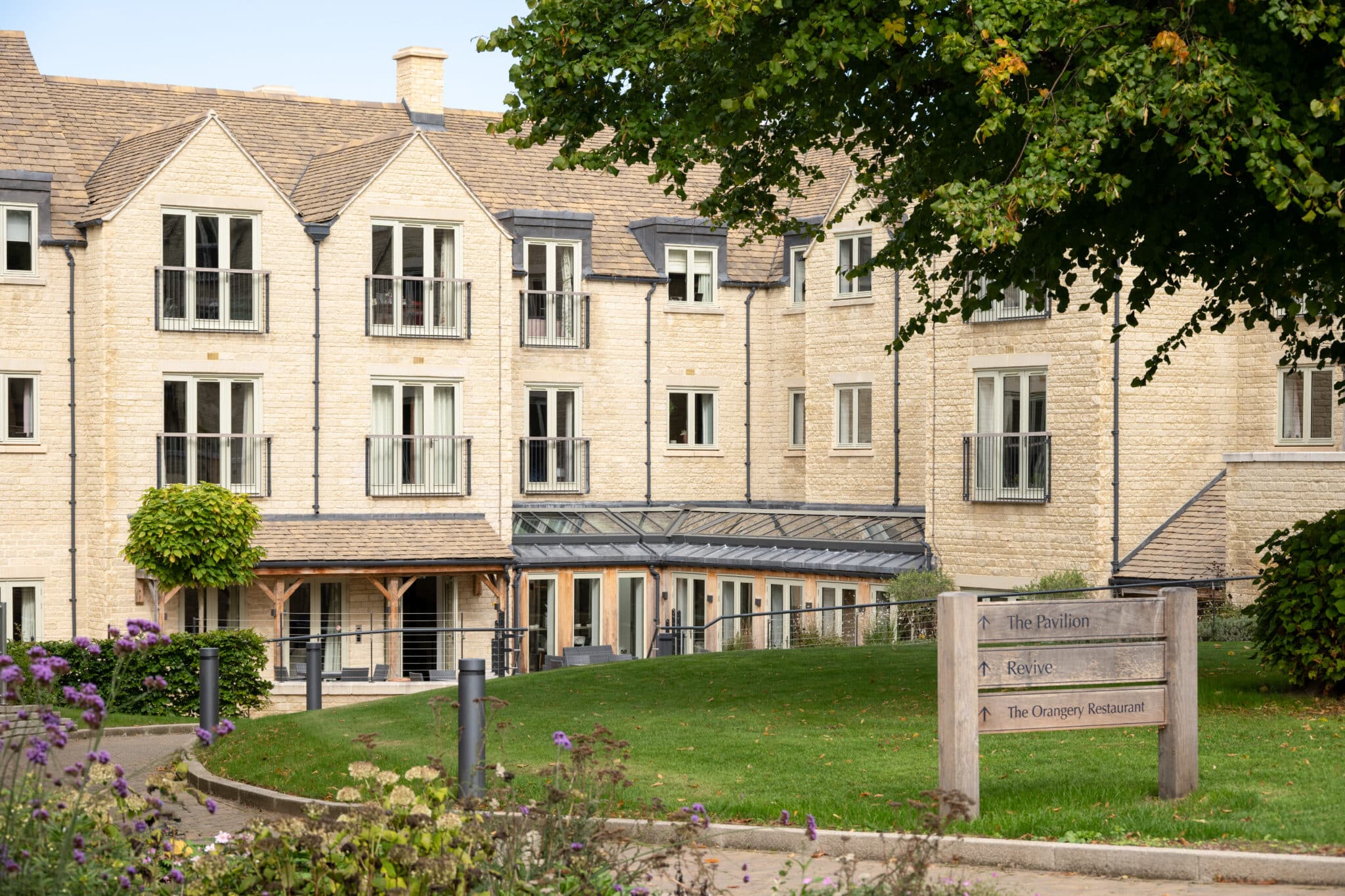
From being social to moving more, making lifestyle tweaks in midlife can have big health benefits in older age.
As a nation, we’re living longer, with life expectancy rising steadily over the generations.
There were an estimated 16,140 centenarians in the UK in 2023 – more than double the number in 2003. Additionally, almost one in five people in England are now aged 65 or over.
But while living longer means we have more time to spend with loved ones and achieve what we want to in life, it can come with challenges many of us fear — including ill health, less independence and reduced mobility.
Three-quarters of adults aged between 50 and 65 worry about staying healthy as they age, research shows. Speaking on the subject recently, Dame Helen Mirren, 79, acknowledged that getting older could come with “complications” but urged people to “embrace rather than fear” ageing.
Mirren has backed a new Age UK campaign – Act Now, Age Better – encouraging people over 50 to be physically active, and explained that making “little changes now” can “help later on in life”.
Exercise isn’t the only lifestyle tweak we can make for continued rewards in later life. Socialising with friends and even installing a dimmer switch in your bathroom could make a difference.
According to Dr Dawn Harper, author of Live Well to 101, there’s no better time to start than now.
“Investing in your longevity is a little bit like investing in a financial pension,” she told Yahoo UK. “The earlier you start, the better the outlook. B7 changes you can make now for a healthier later life
1. Move more
“Physical activity is one of the most impactful steps individuals in their 50s can take to ensure a healthier future and a chance to maintain independence,” says Paul Farmer, CEO at Age UK. “Exercise improves strength, mobility, and mental health, and it reduces the risk of conditions like heart disease, frailty, diabetes, arthritis and some cancers,” he adds.
It’s a stance England’s Chief Medical Officer Professor Sir Chris Whitty agrees with, saying exercise “should be one of our main preventive strategies” to maintain health as we age.
Moving more doesn’t have to mean hitting the gym or running marathons, either. The NHS recommends adults do at least 150 minutes of moderate exercise or 75 minutes of vigorous exercise, spread out across a week.
Moderate exercise includes things like brisk walking, riding a bike and even heavy gardening, making it easy to fit into your lifestyle. It’s something Dr Harper says the centenarians she interviewed for her book all had in common. “They had grown up walking everywhere and continued to do so,” she says. They weren’t hung up on exercise, they just moved more.”
2. Eat more whole grains, fruit and veg
An unhealthy diet is one of the major risk factors for obesity and chronic diseases, including heart disease, cancer and diabetes, according to the World Health Organization (WHO). Making changes now can stand us in good stead for the future.
A study published in the journal Nature Medicine analysed people’s diets over 30 years and found that those who ate a diet rich in fruit and veg, whole grains, nuts, legumes and low-fat dairy products were more likely to stay healthier as they aged.
Dr Harper adds that many of the centenarians she interviewed for her book ate seasonal produce and skipped fast food. “They grew up in an era where you couldn’t buy strawberries from the supermarket in December,” she says. “So they ate seasonally and cooked from scratch.”
As well as eating well, it’s advised to stick within the recommended guidelines of 14 units of alcohol a week, spread out over at least three days.
3. Socialise
From the age of 25, the number of new friends we make starts to fall, and our social circle continues declining as we age, according to a 2016 study. Although it’s sometimes tempting to stay home and text friends and family rather than call or see them, it’s important to maintain social connections.
Dr Harper says most of the centenarians she spoke to had a strong social network, regularly playing cards with friends or living with family. This is backed up by studies that have shown older adults who feel lonely or socially isolated could be at higher risk of heart disease, depression, and cognitive decline.
Joining a group or class can be a good way to meet like-minded people. As can volunteering in your community or at an event such as parkrun.
4. Don’t skip medical checkups
Every month, around one million people miss their GP appointments in England. This not only costs the NHS time and money, but it’s also bad for your health.
Check-ups with your doctor and other health professionals, including the optician and dentist, are essential for catching any health issues, such as high blood pressure or cholesterol levels early, giving you strategies to help manage them.
It’s also important to attend any NHS screenings you’re eligible for, such as bowel and breast cancer screenings, as early diagnosis.
5. Think positive
“One of the things that really struck me about the centenarians I interviewed was they were all positive thinkers,” says Dr Harper, who is also an ambassador for Rangeford retirement villages. “If you’re a natural-born pessimist, it takes some hard work to be a positive thinker, but it’s not impossible to do,” she adds.
Mood-boosting activities such as exercise or spending time outdoors can help you feel more positive. Apps such as Calm can also help with feelings of stress and anxiety.
6. Sleep well
The NHS recommends that adults aim for seven to nine hours of sleep a night. “Sleep deprivation significantly increases your risk of heart disease and type 2 diabetes, which are two of the biggest causes of premature death in the UK,” says Dr Harper. “So sleep really is worth investing in.”
If you struggle to nod off, she suggests avoiding caffeine after midday and using a dimmer switch in your bathroom. Bright light tells your brain you’re awake, so having lower light when you’re brushing your teeth before bed could help.
7. Quit smoking
We all know smoking is bad for us, it can increase the risk of cancer, heart disease, lung disease and diabetes. The earlier you give up, the better, but a recent study found it’s never too late. Quitting at 55 can still increase your life expectancy by an average of 3.4 years, while stopping at 65 could see you live 1.7 years longer.
There are many other benefits, too, including increased energy, reduced stress and depression, brighter skin and teeth and reduced risk of heart attack, dementia, osteoporosis, eye disease and type 2 diabetes. With most cigarettes costing upwards of £15 a pack, you’ll also have more money.
The NHS has a free Quit Smoking app which can help you give up, and many pharmacies offer a free stop smoking service.


